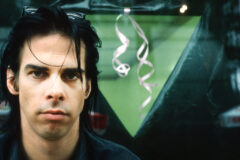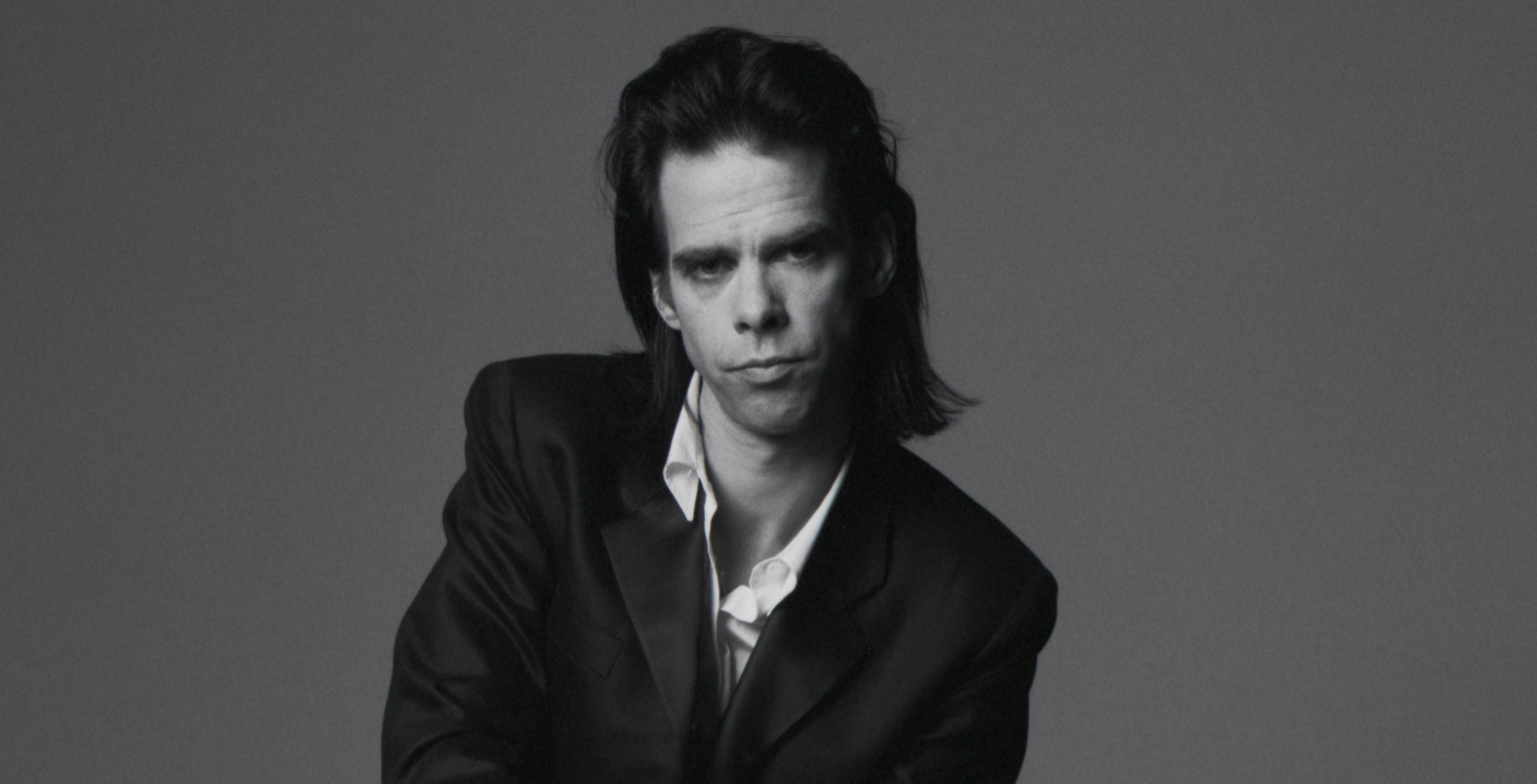Two Nick Cave fans, Paula and Stella, wrote separately to the singer with similar questions, the gist summed up in Stella’s query: “I want to do music and I love it so much. It means everything to me but I worry that I don’t have any talent. How important is talent?”
Answering via his Red Hand Files newsletter, Cave told the story of his humble if self-aware beginnings. Speaking about coming up in Melbourne, Australia in the late ’70s. “You couldn’t walk through St Kilda or Carlton waving a stick without hitting a talented musician. I was one of those talented people — I just wasn’t that talented,” he wrote.
“I couldn’t play an instrument as well as most other musicians, I was a less than-capable-singer, and my songwriting was in no way as strong as that of some of my contemporaries,” he continued. “I was acutely aware of these shortcomings, and felt set apart from that world. Having said that, I was also aware that there was a force at work inside of me that other musicians didn’t seem to possess, at least not to the same degree. This also set me apart, and caused me no end of trouble.”
That force?

Also Read
Nick Cave Slow Pours the Joe
“A shameless and pathological belief in my own awesomeness,” Cave explained. While others dreamed of getting a local pub gig, Cave says “my dream was always, always, world domination. You have to remember that this is coming from a guy who when asked by his primary school teacher what he wanted to be when he grew up, answered, ‘A cult leader.’ Now this may sound unattractive, and it was, but that’s what my youthfulness was like — an energetic and aspirational collision of the beautiful and the deeply unpleasant, with an emphasis on the latter.”
The artist admits that “As a young person I harnessed the unredeemed aspects of my personality — rage, vengeance, power, self-absorption, rampant ambition — to provide the energy to move beyond my lack of aptitude. This furious motion kept me running wild through the years, until I finally collided with myself, I guess, and things changed. But that’s another story.”
Cave made his recording debut with the LP Door, Door with The Boys Next Door. The album was recorded before the band left Australia for London in 1980, where they changed their name to The Birthday Party. Since then, Cave made records and toured with his bands The Bad Seeds — with whom he made 17 albums — and Grinderman, as well as doing more than 75 soundtracks, scores and collaborations.
He brings it back to Paula and Stella, the two hopefuls. “This is just to say to you both — any competency I display now, such as the ability to write, record or perform songs, came about through repetition and practise and a bloody-minded pursuit of my own particular vision. Nothing came naturally. I worked at it. Art gives much, but it asks much in return. It demands nothing less than complete commitment and significant sacrifice. Talent is nice if you have it, but in some ways, it is a secondary requirement.”
In closing, he offered advice from longtime collaborator Warren Ellis: “‘Proceed with absolute confidence,’ and, Stella, that is my advice to you,” he concluded. “Find your authentic voice and push violently and defiantly against your limitations — and you never know, great things may happen. I hope they do. Love, Nick.”
Cave’s most recent project is the Carnage album, done with Ellis. It releases May 28.




